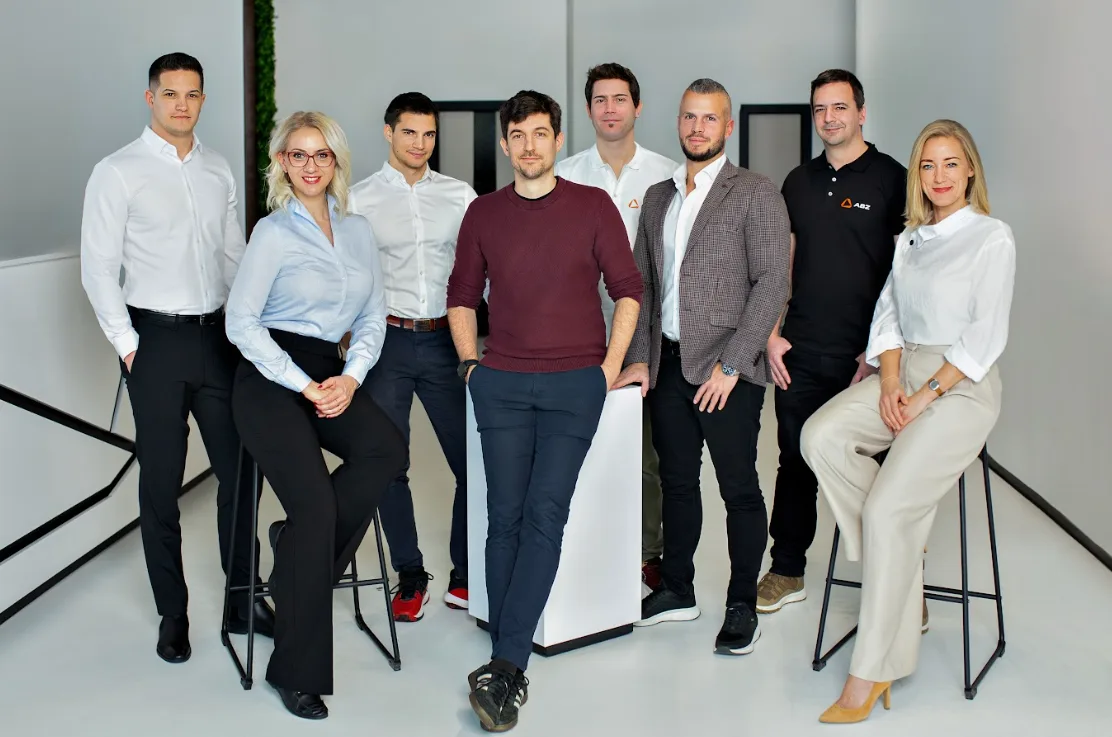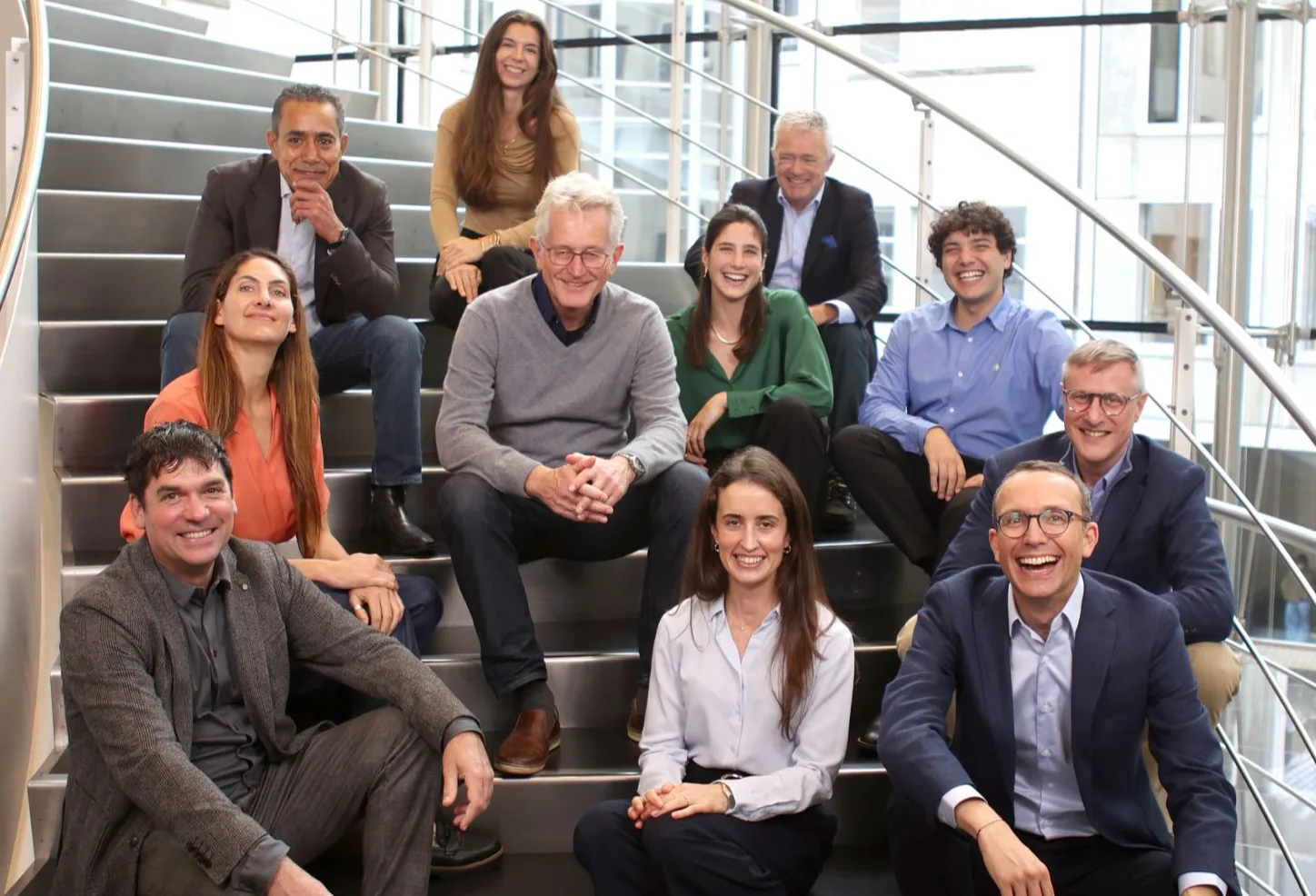Cluj-Napoca-based firm dotLumen, which creates devices to improve mobility for visually impaired people, has secured an €11 million grant aimed at developing a new generation of autonomous humanoid and quadruped robots for urban delivery.
- Established in 2020 by Cornel Amariei, dotLumen develops assistive technology for visually impaired individuals. The company’s primary product, Lumen Glasses, uses Pedestrian Autonomous Driving (PAD AI) to replicate the navigational and protective functions of a guide dog.
- The system employs sensors and AI algorithms to detect obstacles, plan safe paths, and guide users through complex environments.
- Tested by over 300 visually impaired individuals across nearly 30 countries, the technology enables users to move independently without relying on traditional mobility aids like canes or guide dogs.
- In July 2024, dotLumen raised €5 million, and later in January 2025, it secured another €5 million to expand across Europe and international markets.
Details of the deal
- The grant came from Romania’s Intelligent Growth, Digitalization, and Financial Instruments Programme 2021–2027 (PoCIDIF), a national initiative aligned with the EU’s Cohesion Policy to support innovation, digital transformation, and sustainable development.
- The project is a collaboration between .lumen and its partners including, IMSAR (Institute of Solid Mechanics of the Romanian Academy), BreadCrumbs Interactive, and Linnify. It is scheduled to run from September 2025 to September 2028.
“We’ve proven that PAD AI technology can help visually impaired individuals move independently. Now, we’re extending it to reimagine how goods move in cities. Imagine humanoid and quadruped robots walking on sidewalks, delivering your food or groceries,” claims Cornel Amariei, CEO and founder of dotLumen.
- With the support of the €11 million grant, the firm will adapt its PAD AI technology for city navigation, integrate hardware and software systems, and conduct real-world testing. The initiative will also create new R&D positions and secure patents and copyrights for the AI systems, ensuring safe and efficient autonomous operations.





